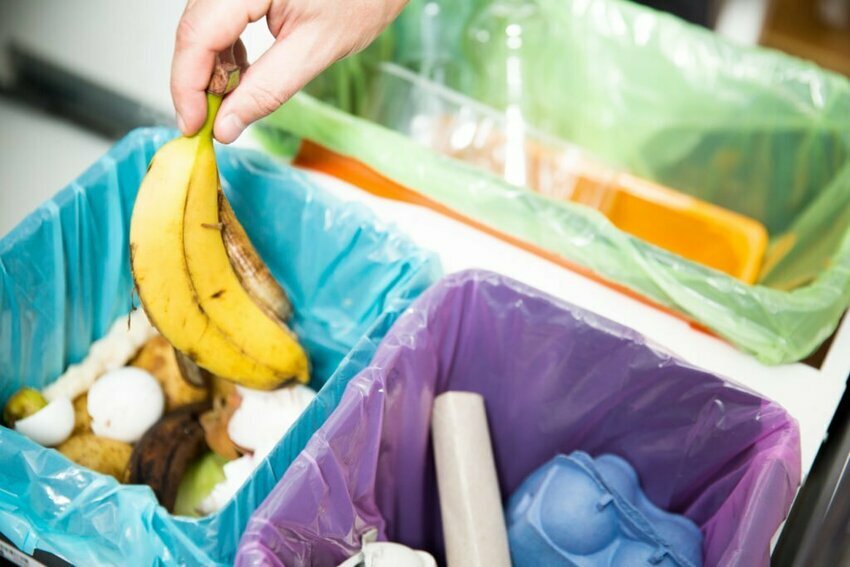 (Credit: DS Smith)
(Credit: DS Smith)New data from DS Smith, has revealed that the generational gap in recycling has gone global, with older people more than any other generation holding themselves accountable for responsibly recycling boxes.
While Gen Z members often are considered to be the most environmentally conscious, they have the least confidence among all age groups in knowing how to recycle, based on the packaging company’s new survey in the UK that matches a similar company poll in the United States.
In the latest UK poll, two thirds of Gen Z respondents (those born from 1997 to 2012) blame barriers to recycling, including confusion over what items can be recycled, a shortage of recycling bins and lack of clear disposal instructions on products. Only 41% of those over age 55 see such obstacles.
A DS Smith survey in the US, released in May 2021, found that Baby Boomers are the most motivated to recycle boxes. Broken out by generation, Baby Boomers (71%) hold themselves more accountable for responsibly recycling their boxes than millennials (60%), Gen Z (59%) and Gen X (58%).
The US survey found that all groups were united when asked about the surplus of boxes from e-commerce spending, saying they’re not bothered by the extra packages but do want them made of sustainable materials.
In 2020, in partnership with the Ellen MacArthur Foundation, DS Smith launched its Circular Design Principles, and in 2021 it unveiled its Circular Design Metrics, which allows customers to rate the circularity of their packaging.
Each year, 15 million tons of household recyclables are lost to landfills because Americans are confused and lack confidence when it comes to recycling, according to the Recycling Partnership. The loss of 15 million tons of recyclable material is equivalent to 63 million metric tons of carbon dioxide; capturing this material would yield $834 million in landfill savings.
The Recycling Partnership announced that it has launched The Center for Sustainable Behavior & Impact to drive measurable improvement in residential recycling behavior and mobilize household participation in the circular economy.